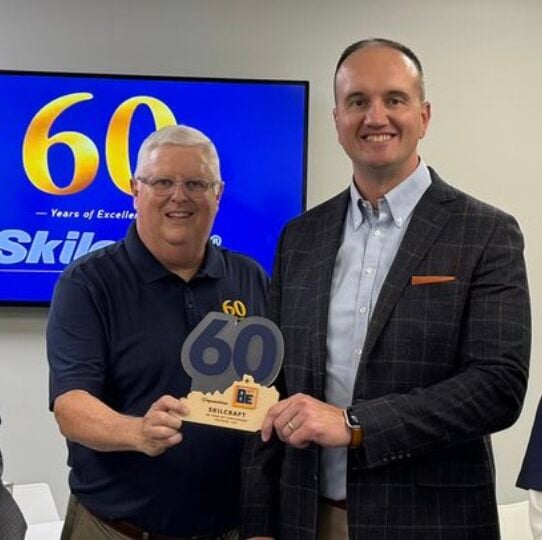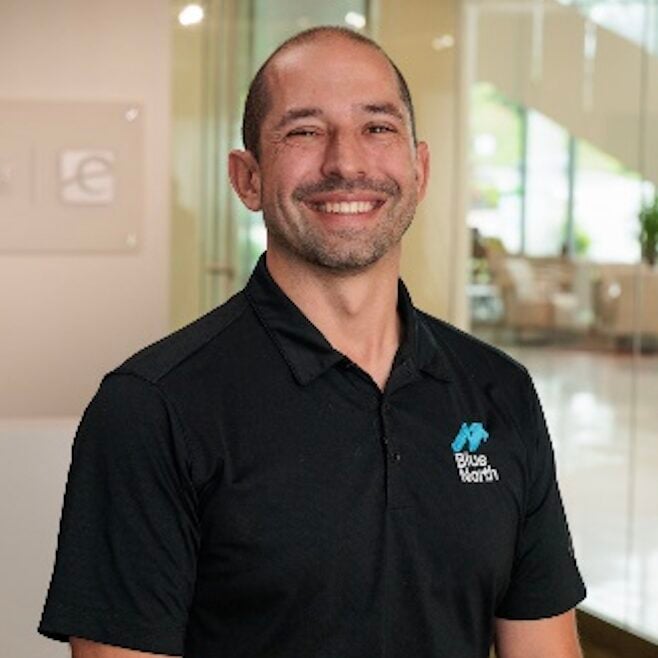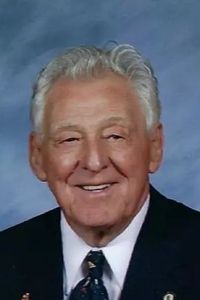By Andy Furman
NKyTribune staff writer
Something good did come out of COVID – at least for Dr. Maria “Cari” Garriga.
“I was looking for something to do, during that time,” the Foreign Language professor at Thomas More University told the lunch crowd at the weekly Covington Rotary Club meeting at the Radisson Hotel this week.
“I wanted to become a certified Health and Wellness coordinator,” the native of Puerto Rico said. “I just couldn’t wait to tell people what to do.”

That’s exactly what teachers – and wives do – at least that’s what she originally thought – tell people what to do.
“It doesn’t work that way,” she admitted. The Covington resident who has been at Thomas More seven years said she had a “transformation.”
She thought it better to not tell people what to do – as a health and wellness coach.
“A coach,” she said, “creates a vision of what to do. I listen, and, I can give you a referral.”
So, Dr. Garriga, what actually does a health and wellness coach do?
In a world of quick fixes and health trends, wellness coaching offers something different. “Personalized guidance that empowers lasting change.”
She quickly pointed out some things a health coach is not:
• Not a doctor: Health coaches don’t diagnose conditions; prescribe medications, or replace medical professionals
• Not a therapist: While coaches address behavioral aspects of health, they don’t treat mental health disorders or provide psychotherapy
• Not a quick fix: Coaches don’t sell miracle solutions or promise overnight transformations
• Not a Drill Sergeant: The approach isn’t about rigid rules or shame-based motivation
“You can will yourself to do something,” she said, “But you need the right guidance.”
And that guidance comes with what she calls Goal Partnership – “When the health and wellness coach collaborates with clients to craft personalized, realistic health objectives based on individual values and readiness.”
And there is also lifestyle integration, she adds.
“The coach guides improvements across five key pillars – nutrition, physical activity, stress management, sleep quality, and social connection.”
Have doubts? Just listen to what Dr. Garriga has to say about why health and wellness coaching matters today.
“Primary care providers average just 17.5 minutes per-patient visit –insufficient time to address complex lifestyle changes,” she said. “Conflicting health advice and misinformation leave many people confused about what actions will truly improve their well-being; and research shows that 80 percent of people who attempt lifestyle changes without support revert to old habits within months.”
Health coaches, she adds, bridge all these gaps providing the time, clarity and support needed for meaningful transformation.
She said coaches begin by deeply understanding client experiences, barriers, and aspirations – without judgment.
“Solutions,” she said, “emerge from the client’s own insights and strengths, making them more likely to succeed.”
OK, but how long is the process?
“Clients typically engage in six-month coaching programs because meaningful health changes require time to develop and integrate,” she said. “Each person’s journey is unique – what works for one client may not work for another.
“Coaches honor this individuality in every interaction.”
Her 30-minute discussion immediately took root – no one made way to the desert table for an additional chocolate chip cookie – at least not on this day.

















